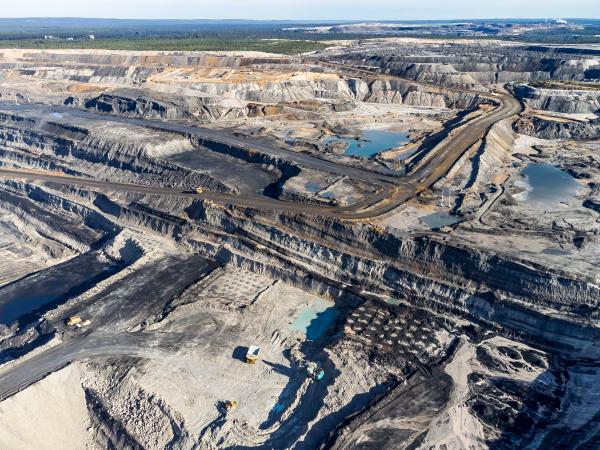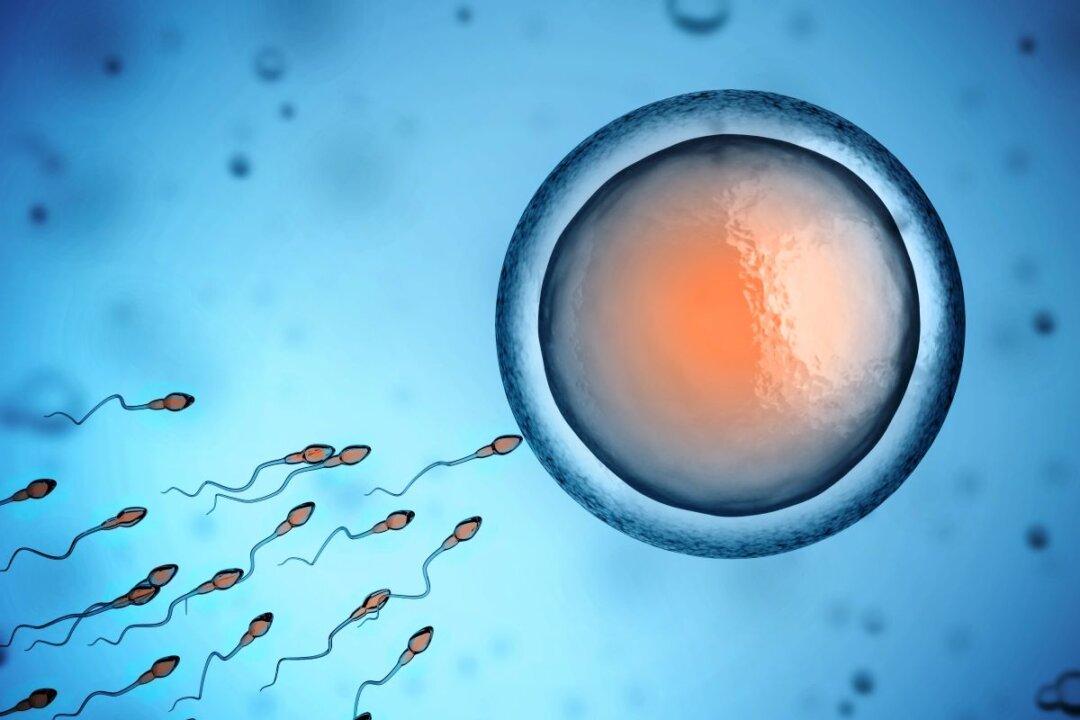Western Australia (WA) has announced that all state-owned coal-fired power stations in WA will be retired by 2030 due to the large-scale uptake of rooftop solar across the state.
The 340-megawatt power station in the southwestern town of Collie will shut its doors in late 2027, while the nearby 854-megawatt Muja complex will see a gradual closure of its facility, with full closure by 2029.





